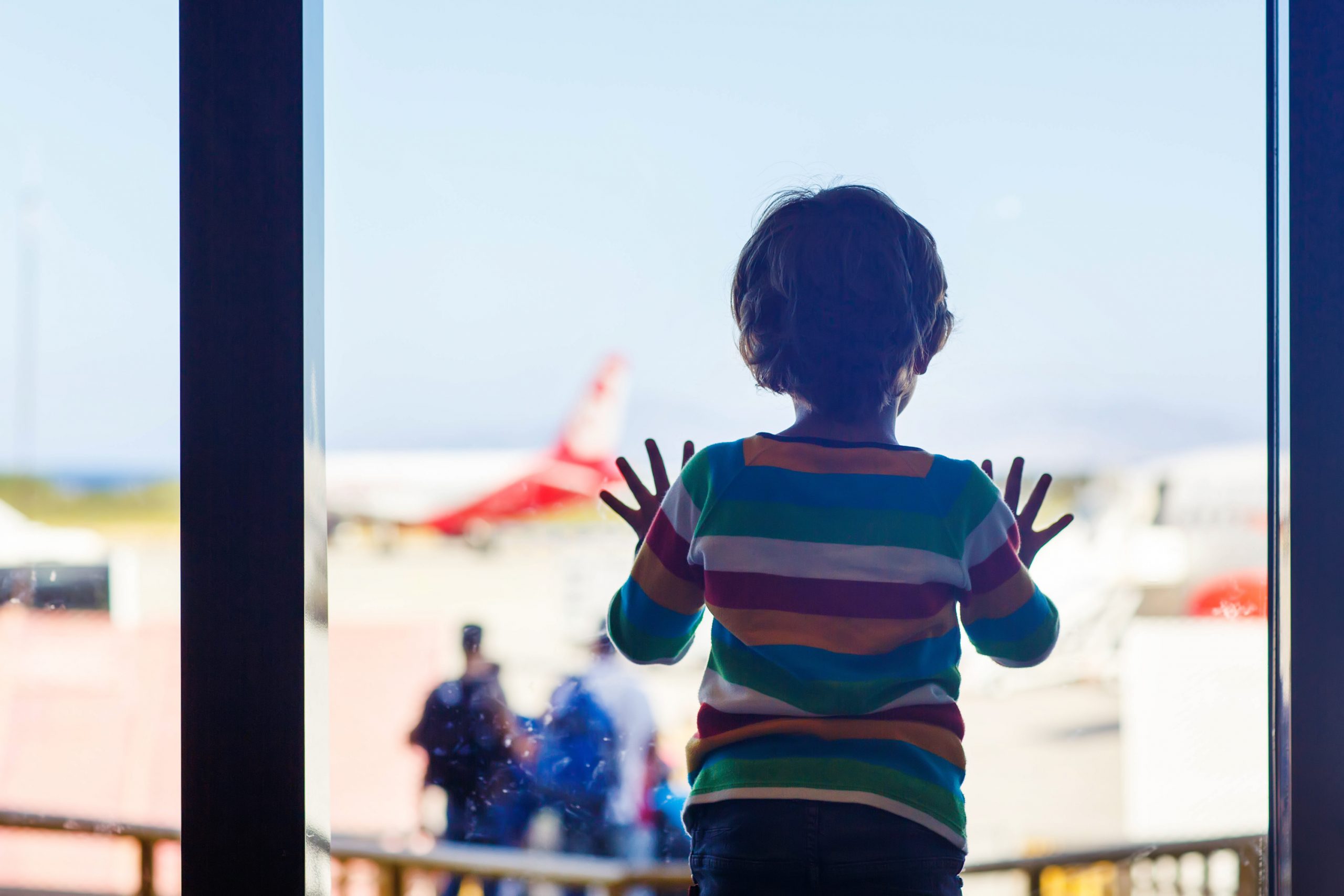Third Culture Kids are those who have spent a portion of their formative years in a different culture — both from their friends back home, but from their parents, as well.
In the UAE, where expats represent 88 per cent of the population, TCKs abound. While studies show that expat children are more flexible and better able to cope with change, living in transient communities can also have adverse effects. TCKs have more experience grappling with repeated loss of relationships, which can trigger stress and anxiety. The pandemic has only made things worse, with more families opting to return to their home countries. Even more troubling is the fact that parents tend to underestimate the effects of constant loss on children, making unresolved grief the most urgent mental health risk for TCKs.
What is unresolved grief?
One definition of grief is intense sorrow that’s usually caused by a death. According to Eddin’s Counseling Group: “Unresolved grief, or complex grief, is different from normal grief in various ways. First, it lasts much longer, at times for many years. Second, it’s much more severe and intense. Third, it interferes with a person’s ability to function normally in daily life. The common thread is that sufferers tend to deny or ignore their grief.” This often makes the circumstance difficult to detect but there are signs and symptoms.
Signs and symptoms
Unresolved grief can manifest in many ways. “Children suffering from grief can have physical symptoms such as headaches and stomach pain or social problems such as aggression and withdrawal,” says Sneha John, clinical child and adolescent psychologist at Medcare Camali Mental Health Clinic. “They can be silent. Watch for mood and behavioral changes. The grief and loss experiences of children and adolescents are often demonstrated emotionally”.

Alexia Alvarado, a grade 11 student based in the UAE, grieved the loss of her best friend of 13 years — Freya — by shutting down. “She left and moved away at the end of the last academic year. It was one of the hardest things that I have had to cope with,” says Alexia. “I was always with her and then suddenly not having her there every day was a big change. It limited my social relationships with my family and friends, as I would stay in my room all day for the first few weeks of her moving. It affected my academic work at times in terms of not handing things in. I would go through periods of time where I wouldn’t eat because I missed her so much.”
Third culture kids and grief
Mirna Iwaza, a clinical hypnotherapist at Miracles Wellbeing & Empowerment Center in Tecom, points out that unresolved grief extends beyond personal relationships. “Third culture kids having to leave behind childhood friends, a cat that could not go on board an airplane, family members, toys, language, weather, food, music. All lead to loss of a place of comfort, stability and a safe and predictable world.”

A child’s feelings about all of this can sometimes get lost in the shuffle, as parents focus on providing the possible life.
Alexia acknowledges the upside of being a third culture kid, but wishes that her parents were more aware of unresolved grief as a trouble spot.
“I wish they understood that although they may see me as happy and academically excelling there are times that I get upset because of being away from family and being away from what I used to call my home. Although my parents may think that being a third culture kid is a privilege — and I’m not going to disagree — it gets very hard.”
How can parents help?
Mirna suggests taking a proactive approach. “Preemptively, if applicable, it really helps to have a proper goodbye when leaving. Allowing proper closure will help have a smoother transition,” she says. “Choosing a school with a reputable transition program or seeking support from a life coach or family therapist at any stage of the transition can also make a huge impact on the wellbeing of the child.”
At home, communication is key. “Having someone with an open door and heart, who always makes themself available to listen, is very important,” says Mina. “Validation of the kid’s feelings is crucial. Keep the conversation going by using your own experience to discuss loss.”

Sneha agrees: “Your children need to know that it is okay to talk about what was lost and that parents miss things too. Foster an environment of open and honest communication. Your kids need to know that it is an appropriate topic of conversation and they need you to teach them how to talk about it appropriately. If they feel comfortable talking about the uncomfortable grief triggers before they happen, it will be much easier for them to be open with you after the fact.”
Kids are always taking cues from adults, so be sure to set a good example.
“Show them how to identify their emotions by identifying your own,” says Sneha. Be sure to allow yourself a grieving process too as nothing is more impactful than modeling self care and emotional wellbeing.”






